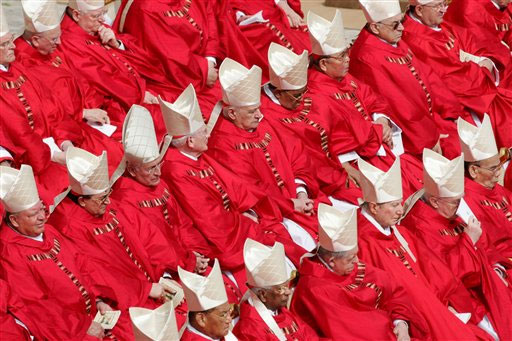Simply because it is easier, many pick an event, a time, a movement, as an origin, a place to begin their understanding of same.
After all, there is so very much to know, that for those who don't have the love for research, or have same but lack the time to pursue it, they take shortcuts, and as a result, draw conclusions based on limited knowledge.
One can make the effort to understand the deluge.....or simply be swept along with it.
Using said 'shortcuts,' some are tempted to see totalitarian ideologies- communism, fascism, Nazism- as being unrelated to Islamic fundamentalism, and, well....that would be a mistake.
1. Existentialism is centered on the idea that events occur without causation, without the motivation of earlier events....
But even Albert Camus, regularly seen as spokesman for existentialism, sought causes for current events.
Camus, in ‘The Rebel,’ attempted to find the traits in modern civilization that lead to totalitarianism, and its resultant horrors. Camus’s conclusion: totalitarianism and terrorism are one in the same, and, so, if we discover the roots of totalitarianism, we discover the roots of terrorism!
a. The Western urge to rebel, coming out of the French Revolution, mutated quickly into several cults of death and mayhem. No matter the particular movement, there were two key conditions in all: 1) it was based on a submission to a central authority, the total state, and 2) it was based on the idea of one, the collective, instead of many.
2. Each of the movements, communist, fascist, Nazi, adopted the same set of rites and symbols to express that ideal: crowds chanting en masse, the monumental architecture, the insistence on unquestioning belief in preposterous doctrines.
a. Each of the movements chose its own monochrome symbol, representing the oneness of authority, in red, brown or black.
b. Each donned the identical uniform, - a shirt of red, brown or black.
c. Each recounted a theory about history and mankind, explaining the movement’s goals and actions.
And each attempted to align it's origin back to the mankind's experiences at a time earlier than the French Revolution.....a time written about in the Bible.
After all, there is so very much to know, that for those who don't have the love for research, or have same but lack the time to pursue it, they take shortcuts, and as a result, draw conclusions based on limited knowledge.
One can make the effort to understand the deluge.....or simply be swept along with it.
Using said 'shortcuts,' some are tempted to see totalitarian ideologies- communism, fascism, Nazism- as being unrelated to Islamic fundamentalism, and, well....that would be a mistake.
1. Existentialism is centered on the idea that events occur without causation, without the motivation of earlier events....
But even Albert Camus, regularly seen as spokesman for existentialism, sought causes for current events.
Camus, in ‘The Rebel,’ attempted to find the traits in modern civilization that lead to totalitarianism, and its resultant horrors. Camus’s conclusion: totalitarianism and terrorism are one in the same, and, so, if we discover the roots of totalitarianism, we discover the roots of terrorism!
a. The Western urge to rebel, coming out of the French Revolution, mutated quickly into several cults of death and mayhem. No matter the particular movement, there were two key conditions in all: 1) it was based on a submission to a central authority, the total state, and 2) it was based on the idea of one, the collective, instead of many.
2. Each of the movements, communist, fascist, Nazi, adopted the same set of rites and symbols to express that ideal: crowds chanting en masse, the monumental architecture, the insistence on unquestioning belief in preposterous doctrines.
a. Each of the movements chose its own monochrome symbol, representing the oneness of authority, in red, brown or black.
b. Each donned the identical uniform, - a shirt of red, brown or black.
c. Each recounted a theory about history and mankind, explaining the movement’s goals and actions.
And each attempted to align it's origin back to the mankind's experiences at a time earlier than the French Revolution.....a time written about in the Bible.




